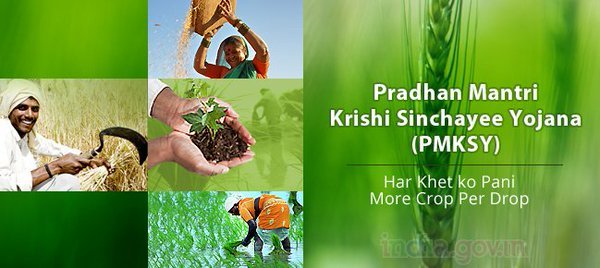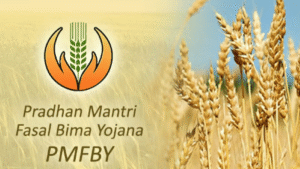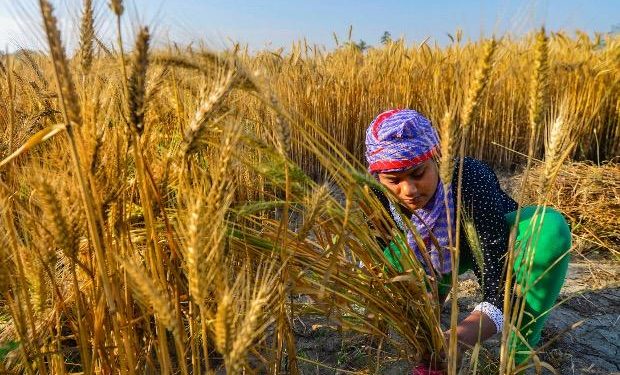1. E-NAM
(Launched in April 2016)
The National Agriculture Market (eNAM) is a pan-India electronic trading platform that connects current APMC mandis to form a unified national market for agricultural commodities.

Under the Ministry of Agriculture and Farmers’ Welfare of the Government of India, the Small Farmers Agribusiness Consortium (SFAC) is the key agency for implementing eNAM.
The motive of this scheme is to promote agricultural uniformity by streamlining procedures across interlinked marketplaces, reducing information asymmetry between buyers and sellers, and enabling real-time price discovery based on actual demand and supply.
2. National Mission For Sustainable Agriculture (NMSA)
(Implemented from 2014-2015)
The National Mission for Sustainable Agriculture (NMSA) was created with the aim of improving agricultural output, particularly in rain-fed areas, by focusing on integrated farming, water efficiency, soil health management, and resource conservation synergy.

Through the implementation of sustainable practises, NMSA will address major elements of ‘Water usage efficiency,’ ‘Nutrient Management,’ and ‘Livelihood diversity.’
3. Pradhan Mantri Krishi Shinchai Yojana (PMKSY)
(Launched on 1st July 2015)
The Indian government is dedicated to making water conservation and management a top priority.

To this end, the Pradhan Mantri Krishi Sinchayee Yojana (PMKSY) was created with the goal of expanding irrigation coverage (‘Har Khet ko pani’) and increasing water use efficiency (‘More crop per drop’) in a focused manner by providing an end-to-end solution for source creation, distribution, and management.
4. Paramparagat Krishi Vikas Yojana (PKVY)
(Implemented from 2015)
In 2015, the NDA administration established the Paramparagat Krishi Vikas Yojana (PKVY), a project to encourage organic farming in the country. Farmers will be encouraged to create groups or clusters and switch to organic agricultural methods across huge regions of the country under the initiative.

Over the next three years, the goal is to establish 10,000 clusters and convert around five lakh acres of agricultural land to organic cultivation. In addition, the government plans to subsidise certification fees and promote organic farming by utilising traditional resources.
5. Pradhan Mantri Fasal Bima Yojana (PMFBY)
(Launched on 18th February 2016)
The government-sponsored Pradhan Mantri Fasal Bima Yojana (PMFBY) is a crop insurance scheme that brings together numerous stakeholders on a single platform.

The objective of the scheme is to offer farmers insurance coverage and financial assistance in the event that any of the declared crops fail due to natural calamities, pests, or illnesses. Farmers’ incomes must be stabilised in order for them to continue farming. And to encourage farmers to adopt innovative and modern agricultural practices.
6. Micro Irrigation Fund Scheme
(Implemented from 2019-2020)
The National Bank for Agriculture and Rural Development (NABARD) established the Micro Irrigation Fund scheme with a budget of Rs 5000 crore.

The major goal of this scheme is to put in place a system for obtaining a low-interest loan in order to enhance the coverage of micro-irrigation facilities. Farmers are encouraged to locate micro irrigation systems under government programmes such as PMKSY.
7. PM Kisan Samman Nidhi Yojana
(Launched on 24th February 2019)
PM Kisan Samman Nidhi Yojana facilitates the direct deposit of Rs. 6,000 per year into the accounts of farmers and is one of the top central government programmes for farmers. This programme assists small and marginal farmers who require financial assistance to purchase farm implements and other agricultural expenses.

It aims to protect the farmers from the vicious traps of local moneylenders, make them believe in the right world, and help them to continue in their farming activities.
Also Read: African Swine Fever Shaking The Agro World











Comments 1